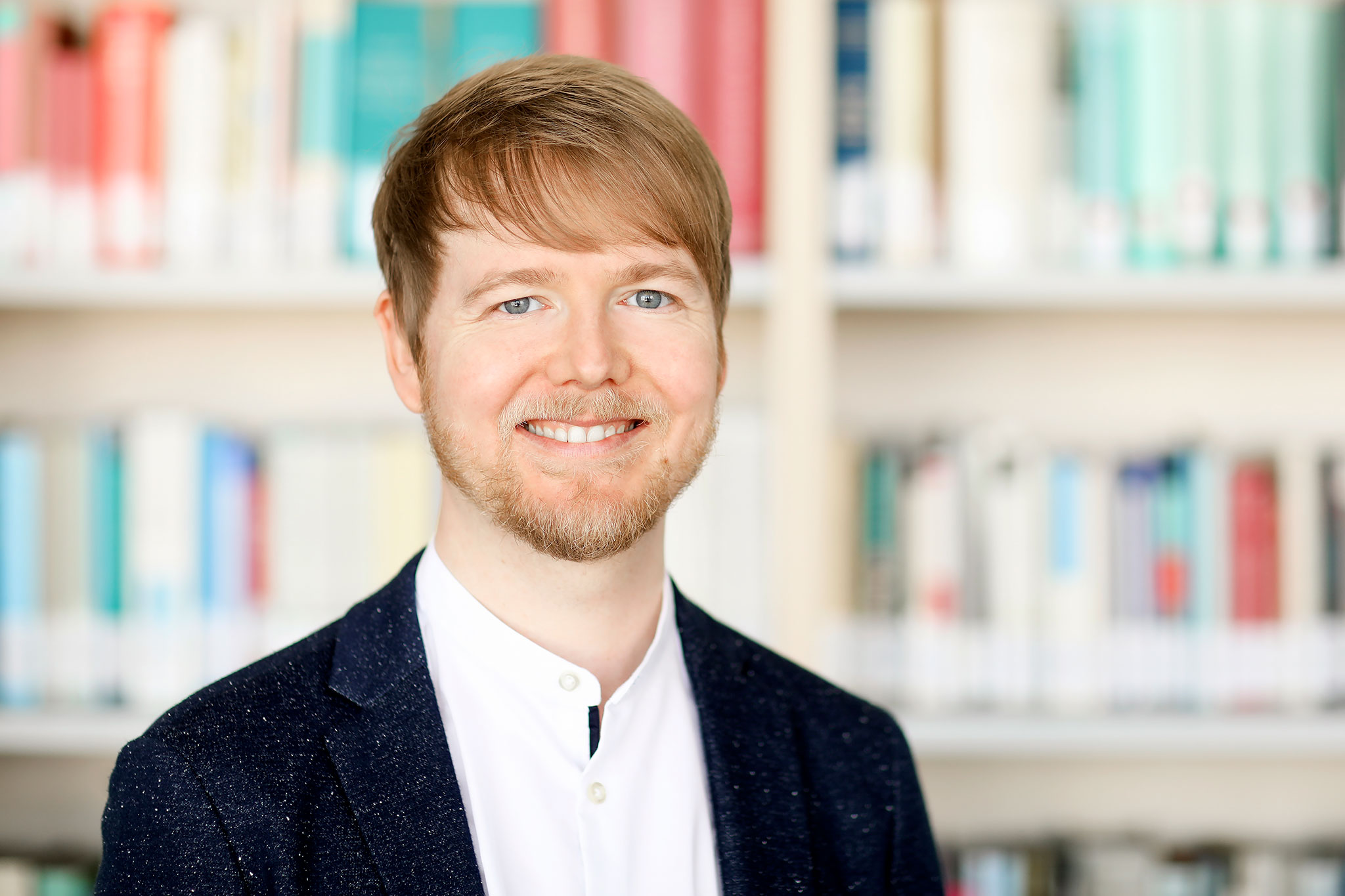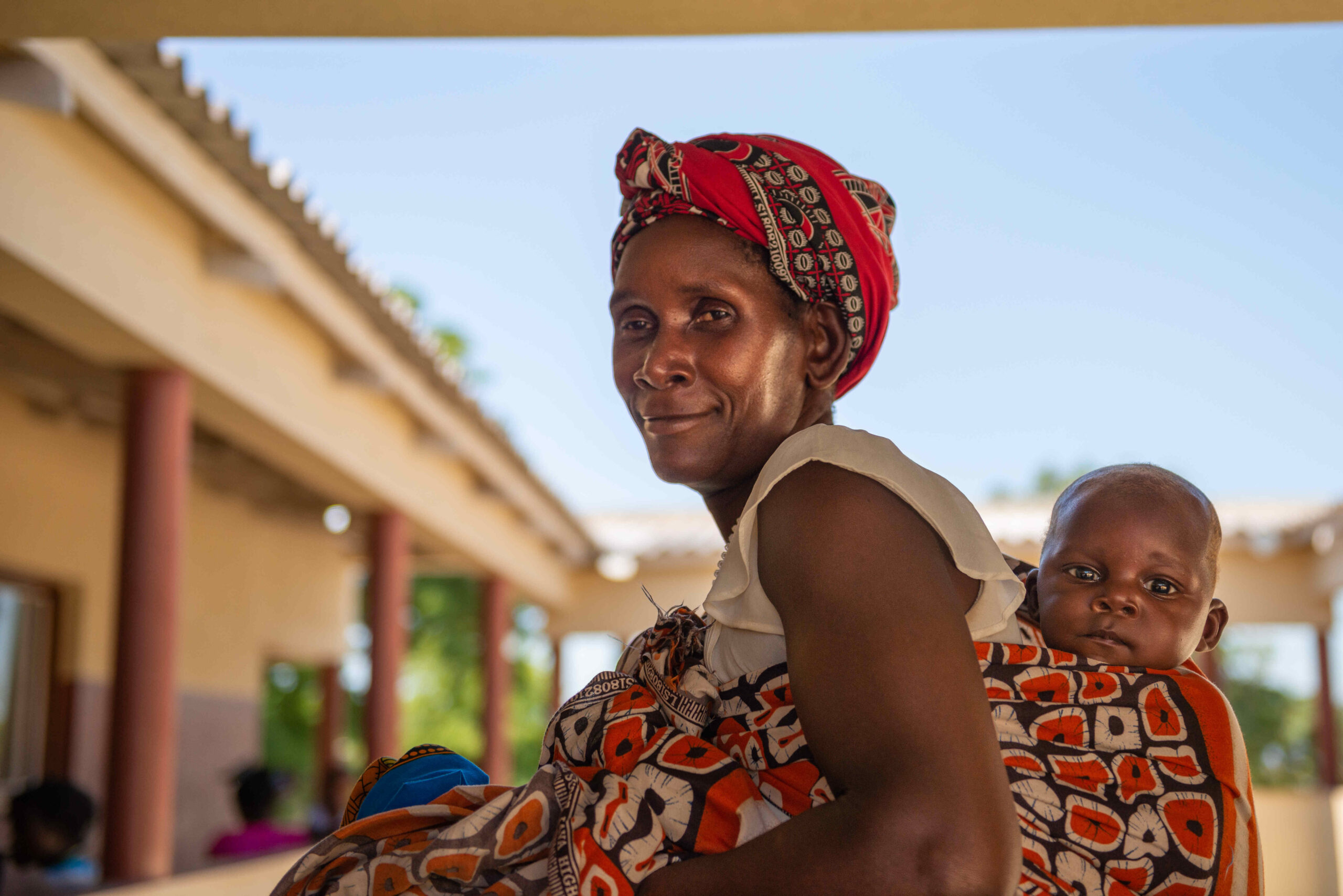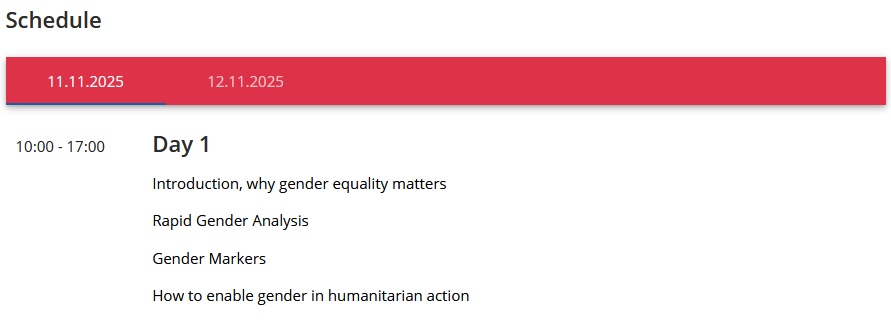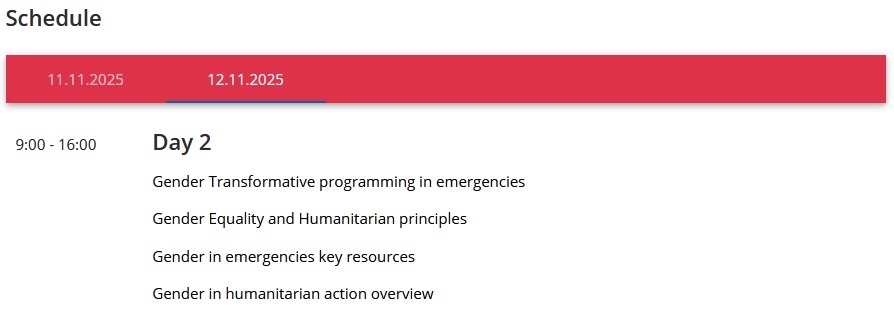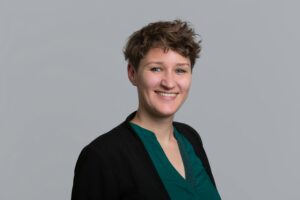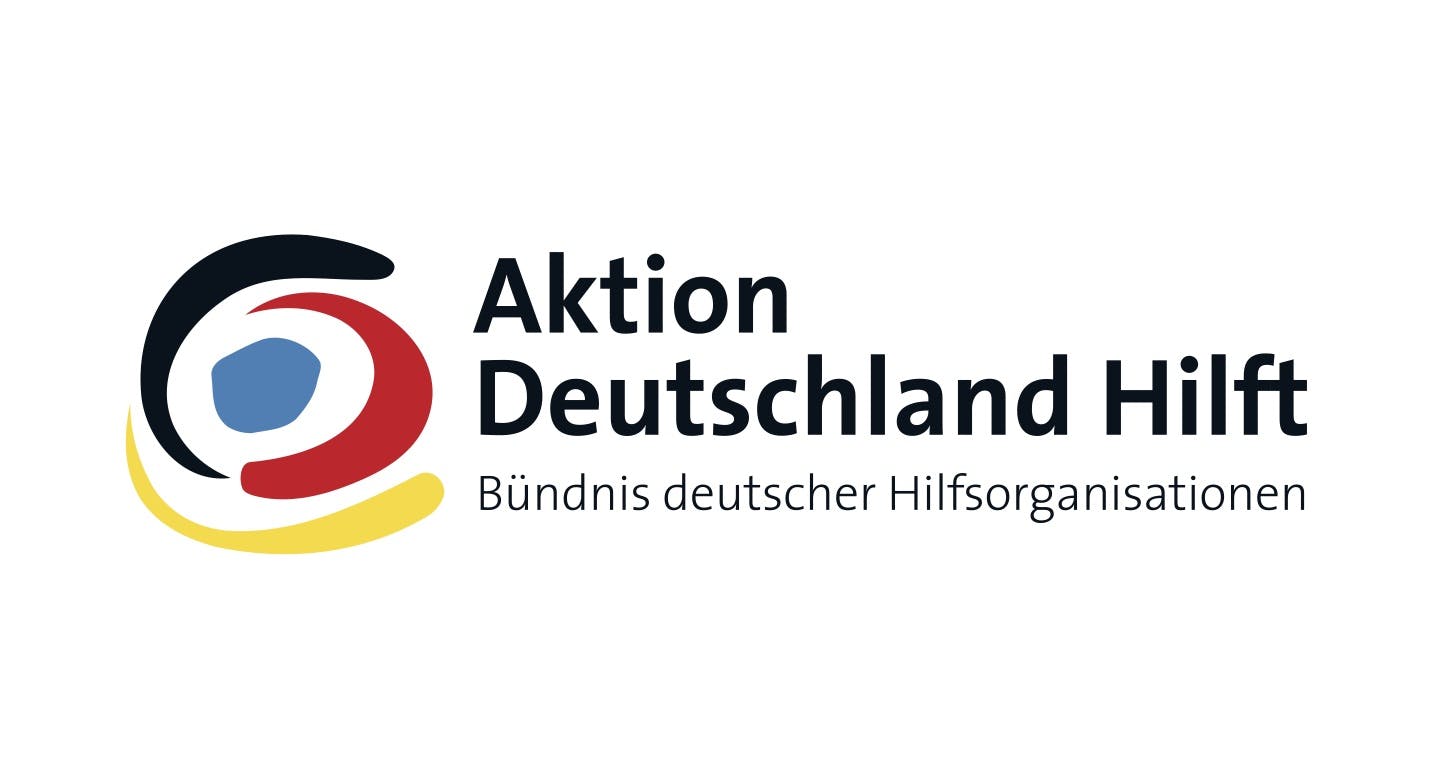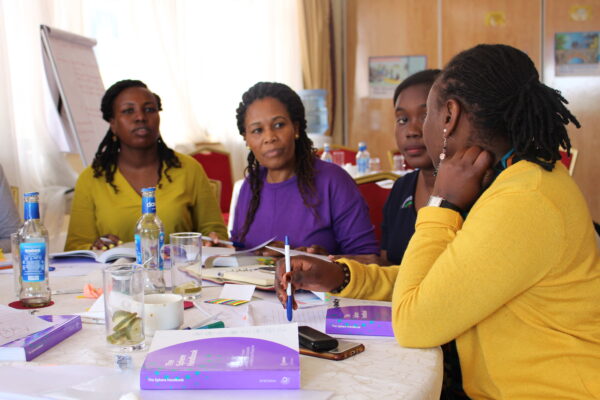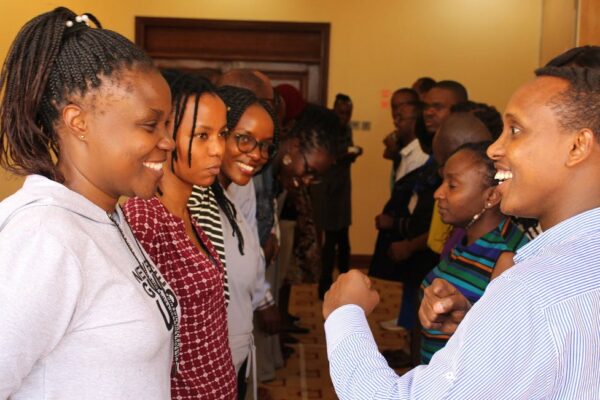Introduction to Gender Equality in Humanitarian Action and Fragile Contexts
200,00 €
Overview
The impact of crises on people’s lives, experiences and material conditions varies according to gender. Humanitarian aid activities can reinforce or reduce existing inequalities.
In order to ensure needs-based, effective and live-saving humanitarian assistance (and development projects in fragile context), consideration of gender aspects is inevitable. In recent years, institutional donor agencies have required gender-mainstreaming and gender-markers when developing humanitarian (as well as development/nexus) projects, but gender mainstreaming, gender-targeted and feminist approaches have also increasingly been criticized as ideology. It remains important to understand how gender aspects play a role in crises or fragile context, and to put this knowledge into practice in design and implementation of a project.
The aim of the training is to provide key approaches and practical tools that can lead to meeting the immediate needs of women, men, girls and boys affected by natural disasters and humanitarian conflict in a way that also addresses the underlying causes of people’s vulnerability, particularly as a result and cause of gender inequality.
(Members of ADH Organizations can apply for fee reimbursement. Please check within your organizations regarding the internally announced procedure.)
You will learn
- understanding of the influence of gender inequality on people’s vulnerability, how it shapes the impact of disasters and conflicts
- introduction to gender-markers and its application
- insight into current political debates about gender in humanitarian and transitional aid in Germany
- practical examples of integrating gender-empowering measures into humanitarian projects
- key approaches and practical tools to address gender-based needs in disasters and conflicts, e.g. Rapid Gender Analysis, Gender Mainstreaming, and Women’s Participation
Downloads
Lecturers
Location
Advice & contact
